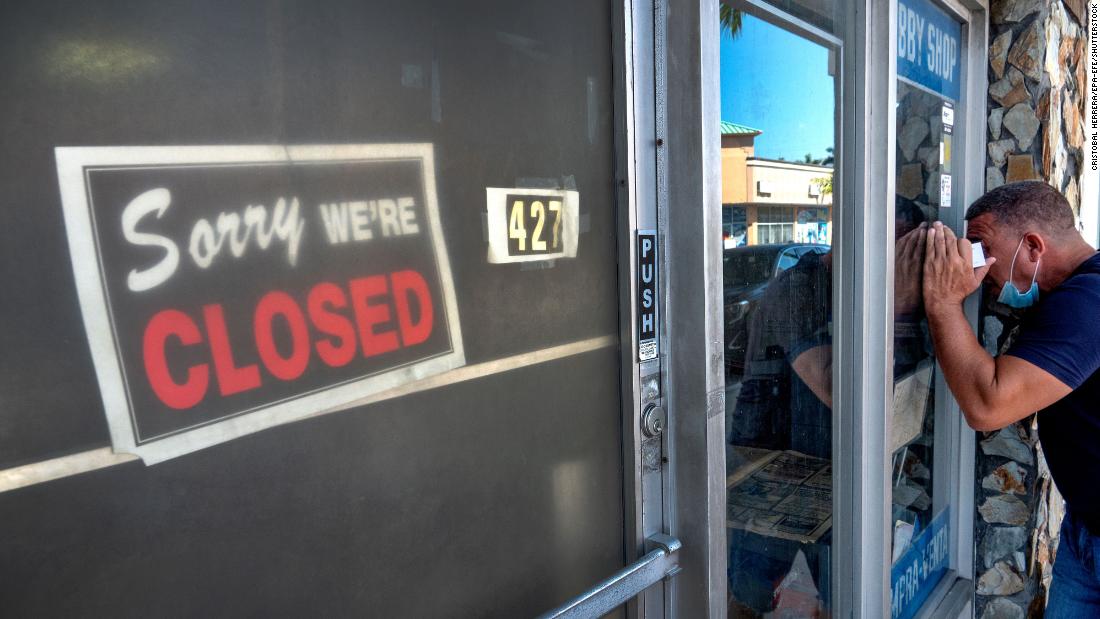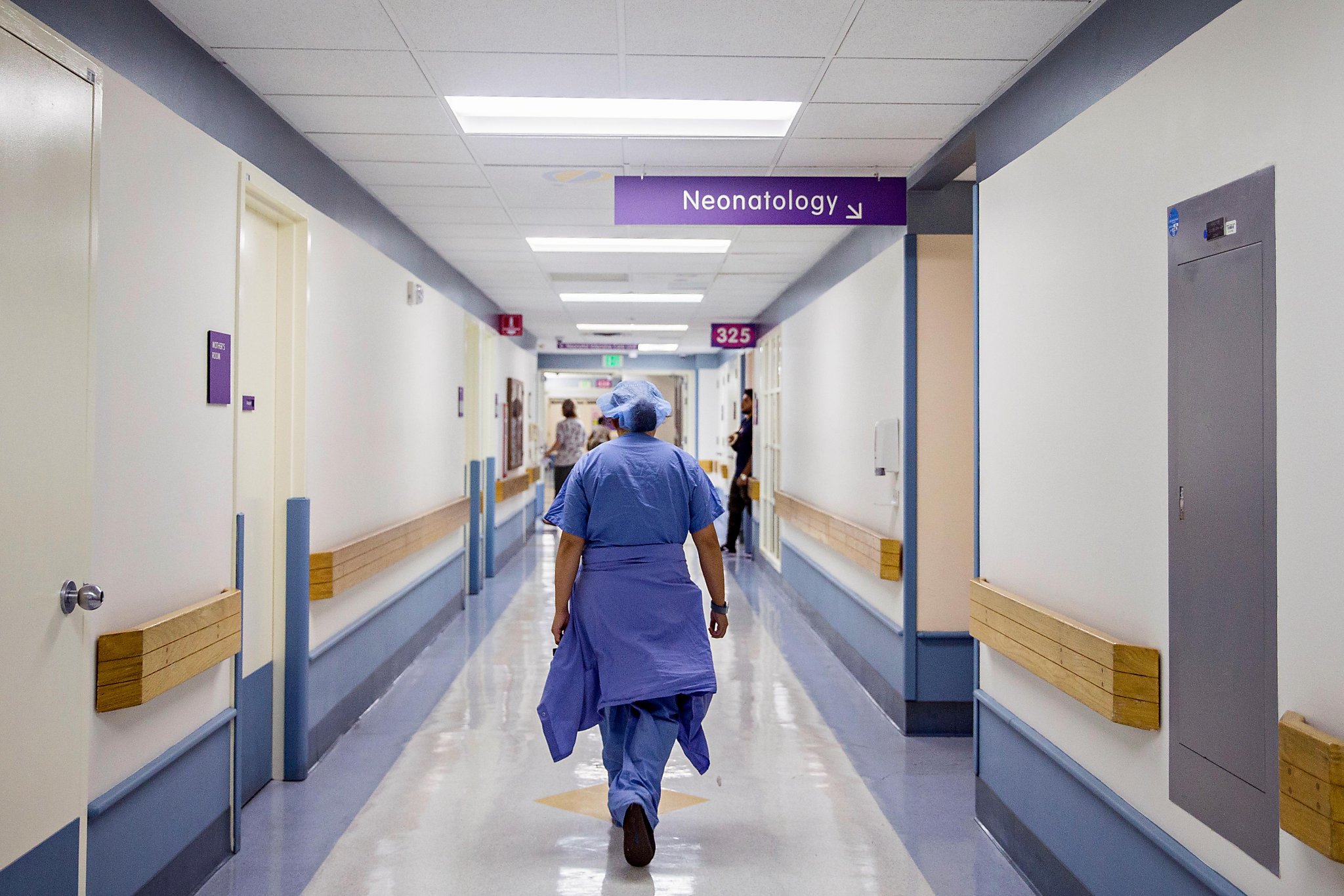If you want to break into these areas, you have to do a degree pretty much unless you had relevant research experience during pharmacy school. The primary reason for such low job applicant numbers is that there are not enough graduates meeting the market demand with the right skill set required. A lot of things cannot be readily learned elsewhere. Some widely used industry standard modeling & simulation software we use are also notoriously expensive. I mean, even if you somehow manage to get a hold of the software, the hands-on training is also either very hard-to-get without someone directly teaching you by examples or spending several thousands dollars out of pocket to buy the expensive training material. In that sense, getting another degree is more convenient relatively speaking.
hold on a sec, why are you so obsessed with cybersecurity and want to work for biotech/pharma? It seems so unrelated and not applicable on the job market. like, why would a biotech company hire someone with a cybersecurity ms and a pharmd as a consultant, for a cybersecurity job i guess? if you insist on cybersecurity, you better look for jobs in cybersecurity firms like symantec. if you want to specialize and work for pharma, then maybe get a degree in one of the area that interest you, do a few internships during school, then you can work for them. but cybersecurity and pharma have no overlap, as far as i know.
It's not that I'm particularly obsessed with cybersecurity more than any other tech industry niche; it's just that after researching all the various options for pivoting into a tech profession with a high level of demand and a solid job market, cybersecurity seems to be the path of least resistance.
To be more specific, the entry-level CS programs that are out there have more barriers to entry, aside from UPenn's MCIT program, which I applied to and was rejected from (which was pretty much the expected outcome, considering that they receive ~2k apps per cycle and only accept around 100 students into each class). Boston U has an online MS in software dev, but they require applicants who lack tech backgrounds to take a prerequisite course that essentially serves as a crash course in undergrad CS that they must earn a "B" grade in before they can be admitted to the MS program.
This wouldn't be a problem, except for the fact that I wouldn't qualify for any form of financial aid to cover the ~$2k it would cost to take the prep course. And what if I take the course and end up end up passing it one grade point short of a B? Then I'll have wasted $2k and still not have an acceptance in hand to a CS program. That's just too much of a risk for me to take since I'm not really in a position to spend $2k out of pocket with no guarantee of a program acceptance. It would be a different story if the cost of the course could be covered via federal student loans.
It's just a case of really bad timing for me since I was fired from my intern position (along with the other interns) several months ago, combined with the fact that there aren't any opportunities available to me to earn an even somewhat high income, as there isn't even a single retail grad intern position open in my area. So basically, if I don't get something lined up soon, I'm going to have no choice but to take a low-wage blue collar job and still not be in the position of earning enough money to pay the $2k for the prerequisite course.
On the other hand, even though the cybersecurity programs also require applicants who lack CS backgrounds to take a couple prerequisite courses, the prerequisite courses are included in the curriculum of the cybersecurity program itself (they're taken during the first semester of the program). So in other words, I'd be able to start the cybersecurity program this summer/fall and qualify for federal loans right from the outset. I wouldn't have to make a $2k-$3k gamble on taking a prep course before even being permitted to participate in the application process.
The other advantage to the cybersecurity programs is brevity; the 3 programs I'm looking at can all be completed in a year, whereas the CS/software dev programs would all take 2-2.5 years. At this point, I really need to waste as little time as possible earning an in-demand qualification that can put me in the position of obtaining a solid white-collar career.
So yeah, even if completing a cybersecurity program won't put me in the position where I'm able to make use of both degrees in a "hybrid" sense, I might just have to write off the pharmacy degree as a tremendous waste of time and money and focus on being as successful as I can as a cybersecurity professional.
FWIW, the people (n = 3) I've talked to who have transitioned from pharmacy to traditional CS/SWE aren't working in positions where they're making any use of the pharm degree, so there's no guarantee that a traditional CS job would see me getting any value of the pharm degree anyways.

